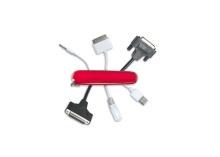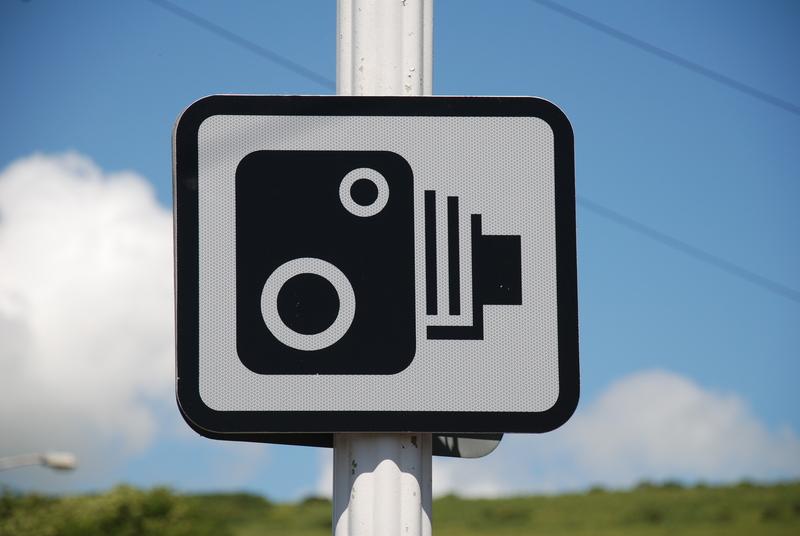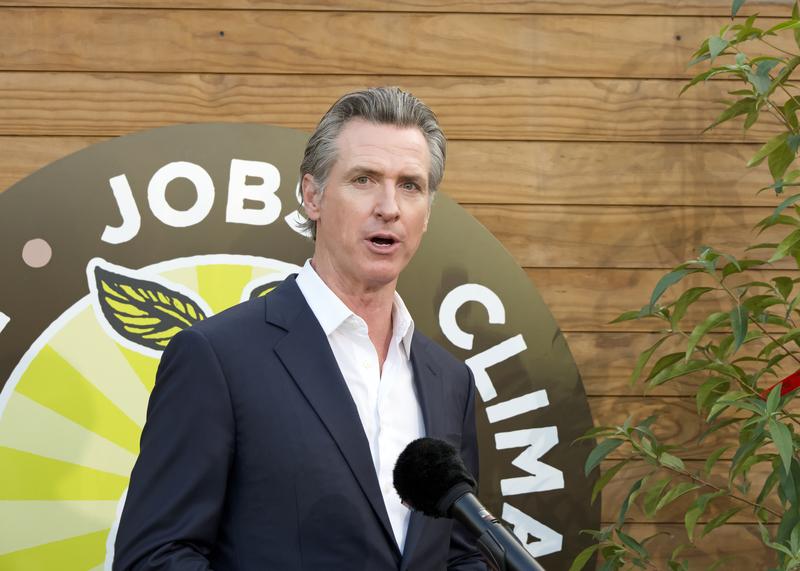
Harry Voccola talks to ITS International about where he sees the intelligent transportation industry heading
Harry Voccola comes with a serious pedigree. Senior vice president of government and industry relations atAnd yet he opens with a question. Is there, he asks, any such thing as an 'ITS industry'? "I'm not convinced that there is," he says. "'ITS' was originally intended as an umbrella concept for a suite of technologies, including computers, communications, electronics, automotive et cetera, intended to bring emerging intelligent technologies more quickly into the transportation arena. Today, many companies deliver new concepts and intelligent technologies into that arena who might not consider themselves a part of an ITS industry. Consumer electronics companies in particular might not see themselves as a part of any ITS 'community'." That the consumer electronics industry should make forays into transportation is only natural, he continues.
"Companies and organisations in the private sector will always look to expand where there is opportunity, i.e. profit. Transportation is an enormous market whether one is talking about the public sector or private sector; and as technologies continue to evolve, more companies will look at how their products can address an issue or a need in transportation. Take the mobile device market; 10 years ago there was little interest among the telecommunication companies in collecting and providing real-time traffic data via cell phones. Today, they're all engaged. It's not their primary market, but they're there. They're there for two reasons: because a market has materialised;
and because the technology is available to piggy back on." Those initial forays will inevitably over time give way to more sophisticated solutions: "Going forward, those same telcos could address tolling. We're at the 10th anniversary of VII/IntelliDrive/Connected Vehicle and in that time we've seen technology shift immensely. At the outset, DSRC was seen as the only communication solution. Now it's the safety enabler; the other mobility comfort and convenience solutions are expected to be provided by industry segments that simply didn't exist a decade ago."
Maintaining pace
"We've lost some momentum as a result of the global economic difficulties but connectivity is expanding and whether for vehicles, the individual traveller or individual applications such as tolling, the 'connected traveller' is gaining momentum.We're making great strides. Pre-recession, the automotive industry was taking the lead. The communications industry has caught up since then but the automotive companies are now energised again about deploying connectivity solutions.
"We're approaching 100 million car sales a year around the globe. The same issues are still there, such as sustainability and the environment but traveller convenience and comfort - the concepts are pretty much interchangeable - are also high on the agenda. More and more, commercial services, those that can be provided to the individual driver, are going to spur development. Benefits that produce individual cost savings are going to lead the way. Pay-As-You-Drive [PAYD] auto insurance is a good example; but even such things as real-time traffic information are being seen as cost savers.
"As more and more cars are sold in more and more countries, the World Health Organisation has described automotive deaths, estimated at 1 million a year, as a health epidemic. And it's right; but what can we do? Faster deployment of safety-related technologies even in low-end cars is the way forward and it's very encouraging that the cost of installing such technologies has come way down."
Consolidating thoughts
"Having raised the question at the beginning, I still think that the three letters, 'ITS', are more relevant than ever," Voccola continues.
"Some of these developments will support governments' ambitions; so that private-sector deployments will allow governments to realise some of their policy ambitions at a faster pace. Traveller information is an example of just that - 10 years ago, the public sector saw itself as the sole collector, collator and provider of such services. Now that isn't necessarily the case. Commercial companies are investing because there is a strong sense of the travelling public's desire for services.
"Alongside faster, more reliable devices we're also going to see greater levels of advertising focusing on delivery of content that will improve the travel experience. The main purpose of the portable device is at-hand connectivity. Consider access to information on points of interest, local gas prices, fastest and greenest routes; six years ago such services would have been hard to imagine but today the packaging and delivery are all there. Are telcos and others providing these for competitive or commercial advantage? At present, I think it's a bit of both."
Selling the ideal
"One collective weakness of ITS technology providers is that we don't talk enough about benefits. Consumers understand and appreciate benefits. Tolling provides us with an example again: in the earliest days of tolls, there was enormous resistance to the concept of electronic toll collection, particularly from the travelling public. Public acceptance took a long time. So what happened? Providers advertised the benefits and people came to appreciate them. 'Try it, you'll like it...' is an excellent rallying call.
The user charging debate
"Let's focus on Vehicle Miles Travelled [VMT]-based or user-based fees, charging, for a moment. We all believe that transportation funding is heading for a cliff-edge. There's just not enough money to sustain what we have, let alone to make improvements - at least, that's what reading the media and the politicians tell us. The concept of VMT is to attempt to address funding inconsistencies.
Even in the US, the population is predicted to grow significantly. I can't see a situation where no additional roads are built. So without a dramatic increase in levels of gas tax, we have to look at funding directly from user fees.
"Too many people see VMT as a tax increase. We had an awful winter this year here in the eastern US. Freeze and thaw means we're looking at record numbers of potholes to be filled. There is concern that potholes will consume funds that could be used for ITS.
"Quite what the tipping point will be, I don't know. Transportation hasn't been a policy priority in recent years. A strong transportation system promotes a better and competitive economic environment. Transportation funding does provide economic stimulus but that case hasn't been made nearly as strongly enough. We're running out of time but there are still no clear answers.
"VMT was discussed by the last Congress and I've seen discussion documents which talk of a 10-year and even 20-year transition period. Connectivity will be here soon and can help with the transition, whatever form it takes. We don't just need technology; we need a plan and commitment."
"There are risks associated with all this. Privacy still generates a lot of interest and concern. That will continue to percolate for a while, I think, as will concerns over data ownership. The big one, especially in the US, is going to be the issue of tort; liability is an issue that really has to be addressed but 10-20 years out I think it's inevitable that all the 'Tomorrow's World' visions of autonomous and connected vehicles avoiding crashes and improving mobility will be realised. The technology to achieve this vision will be available just a couple of years from now, in fact. It's the non-technical issues that will be the brake.
"We're moving into a timespace where every traveller and vehicle is connected. Some of that will be as a result of commercial applications, some of that as a consequence of a stronger focus on safety. But we are definitely establishing connectivity.
"We don't then need separate or discrete networks to do different things. We'll need application developments and policy decisions but the networks will be in place."
Island-hopping
In terms of 'wild cards' and predicting the future, Voccola thinks that technology itself is always a wild card. An area where we will probably see development, he says, is in shared public-private financing and operations."There are going to be commercialisation opportunities for industry segments which were previously not energised in this space. That includes the consumer electronics opportunities; again, PAYD insurance via connected portable devices is an example.
"The importance of portable devices can't be overstated. If we think back to the earliest ITS system architectures, which included different user services and technologies, portable devices weren't featured at all. Today they're essential to service delivery. Where previously there were islands of technology, we're seeing those being cemented together as more data is being distributed and accuracies improve. Connectivity, in the generic sense, is the enabler.
"If there's a negative aspect to the ITS sector at the moment, I think it's the levels of funding. People will pay for new services and conveniences, but that in turn may require investment in infrastructure on the public side. I think we're going to see shortages here for a long time. The 'to do' list is far greater than the available funds."










